What will the Pixel 8 look like with Android 21?
Very different from the Pixel 15, for sure.
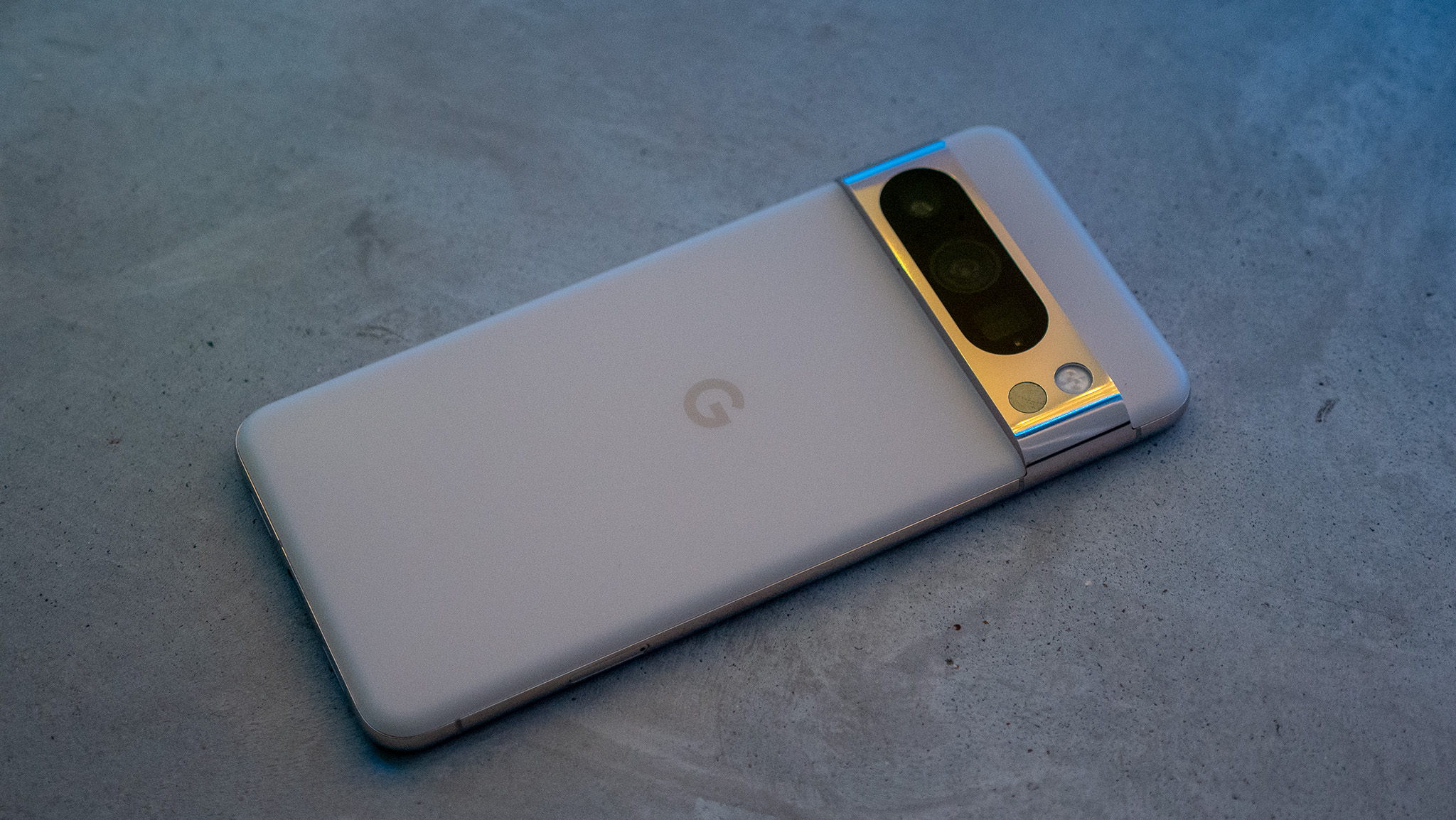
Get the latest news from Android Central, your trusted companion in the world of Android
You are now subscribed
Your newsletter sign-up was successful
Historically, Android phones have not had very long lifespans. A race to introduce new phones meant most older models lost software support long before the hardware became outdated, and some phones from the past have never seen a software update.
Things gradually improved, and you can expect some level of future-proofing when buying a new Android phone. Update promises range from two years for companies like Sony or Realme to seven years for Google's Pixel 8 and Samsung's Galaxy S series phones.
How important is this? Should it influence your next buying decision?
Features and gatekeeping
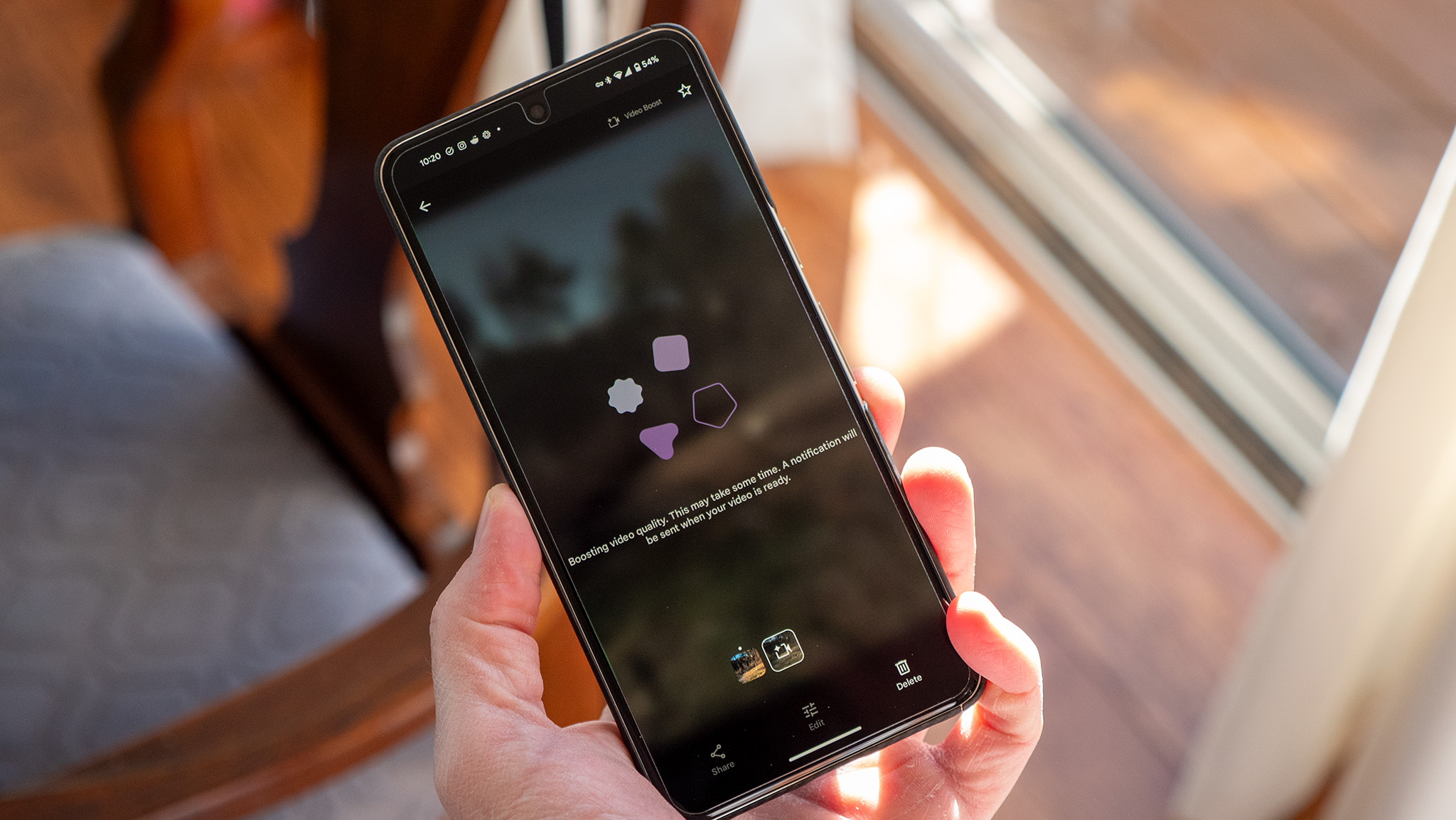
It's important to keep in mind that even though your Pixel 8 will receive an update to Android 21, it may not have all the same capabilities as the Pixel 15. However, this isn't necessarily a negative thing. Due to hardware limitations, the Pixel 8 won't be able to support all the new features that come with future updates of the operating system. This is not an opinion but simply a fact.
The Pixel 8's internal hardware will not be able to support all the new Android features as they arrive in new versions of the operating system. And it shouldn't — making sure new software runs well on seven-year-old hardware isn't going to be easy.
Google is slowly changing Android in the right direction for this to happen. The term gatekeeping is usually reserved for times when a company holds back features from older products so it can sell more new ones, but it fits here, too. OS features will need to be stripped away for the software to run well.
Google can do this in a couple of different ways. It can build the OS for the Pixel 8 and exclude features that are too demanding, or it can move those features out of the actual operating system. We already see this, and many features we think are part of Android are Google proprietary add-ons that Google licenses to companies like Samsung.
Get the latest news from Android Central, your trusted companion in the world of Android
This can be done on a per-app basis, like Google Photos or Gmail, or things can be bundled into extras like Play Services. Doing this makes manufacturers want to use an officially licensed version of Android rather than the free and open-source version, but it would also make it easier to make them unavailable or optional for older hardware that may not be able to use them very well.
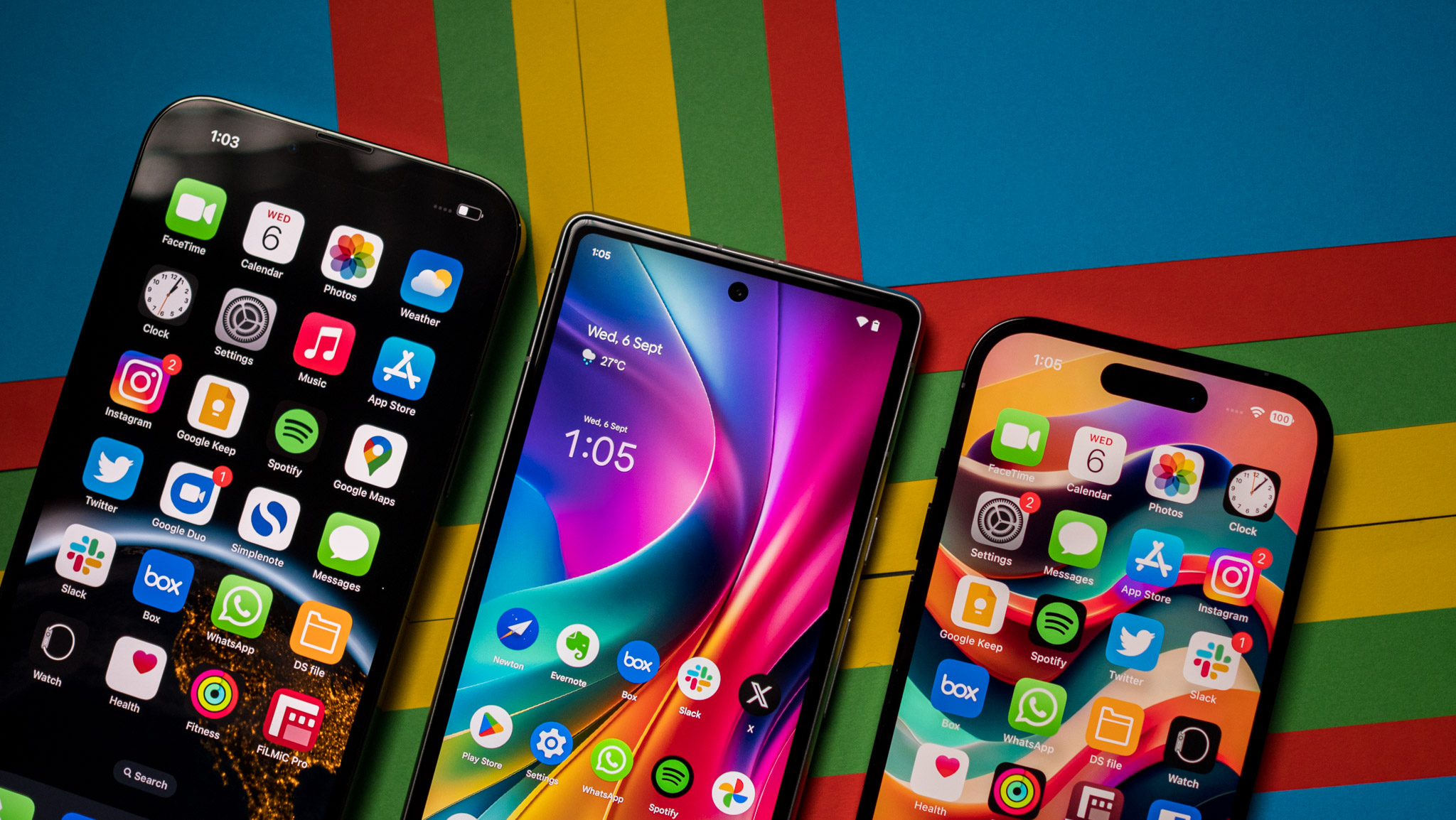
Google may have to go even further. Apple famously "throttled" iOS on older iPhones a while back, and while the way it was done wasn't very consumer-friendly, the idea was the right one.
Apple had to restrict performance because older hardware wasn't as powerful and because it meant the batteries were wearing out. I know this is a controversial opinion, but isn't it better to wait a second or two longer for an app to open than it is to have to charge your phone twice as often?
Where Apple made a mistake, and where Google must do better, is with the messaging. Nobody wants to hear that a software update will slow down the processor in their phone or keep the battery from fully charging. If a company thinks it has to do it for performance reasons, it needs to be upfront about it. If Google does this and tries to hide it, it will be sued just like Apple was.
It's still a good thing
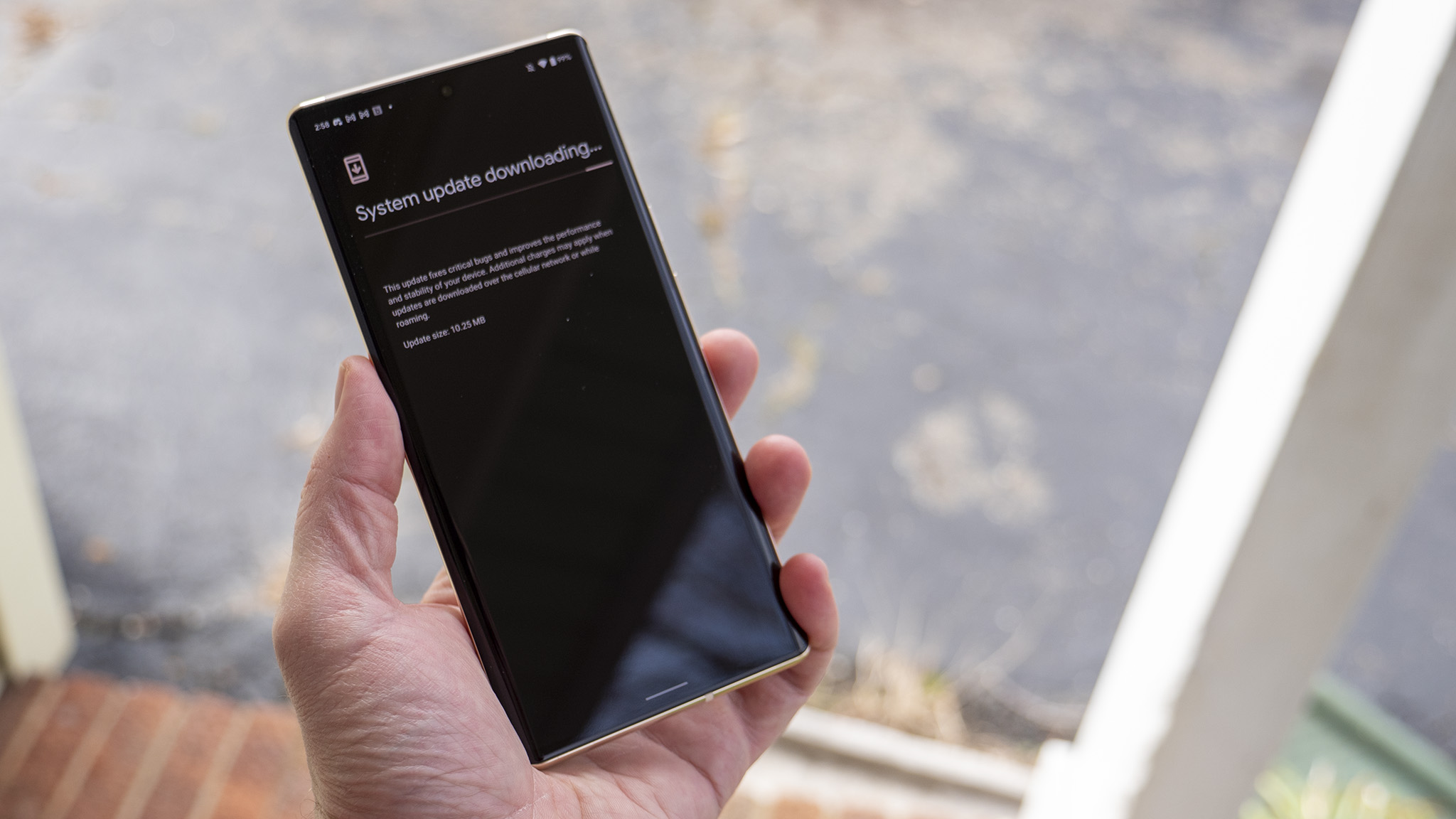
Getting seven years of updates is great, even if it doesn't mean you'll have whatever crazy thing Google dreams up between now and 2030. And for most people, holding back features won't even matter.
You might think Google's being dishonest because the Pixel 8 isn't going to get a "full" version of all future OS updates and you're going to try and find ways to sideload everything being held back. That's cool, and it might even be a fun project. But you know you aren't a "regular" consumer if this is your goal.
Most normal folks don't know or care about the details and minutia of an Android update. They enjoy having a new user interface or fancy way of changing their phone's wallpaper but want everything to work the same way it has been working.
It's comforting to hear Google say your phone and information are more secure than ever, and bugs in the software should always be fixed, but not messing everything up is much more important. And "normal folks" are the people a company like Google wants to please.
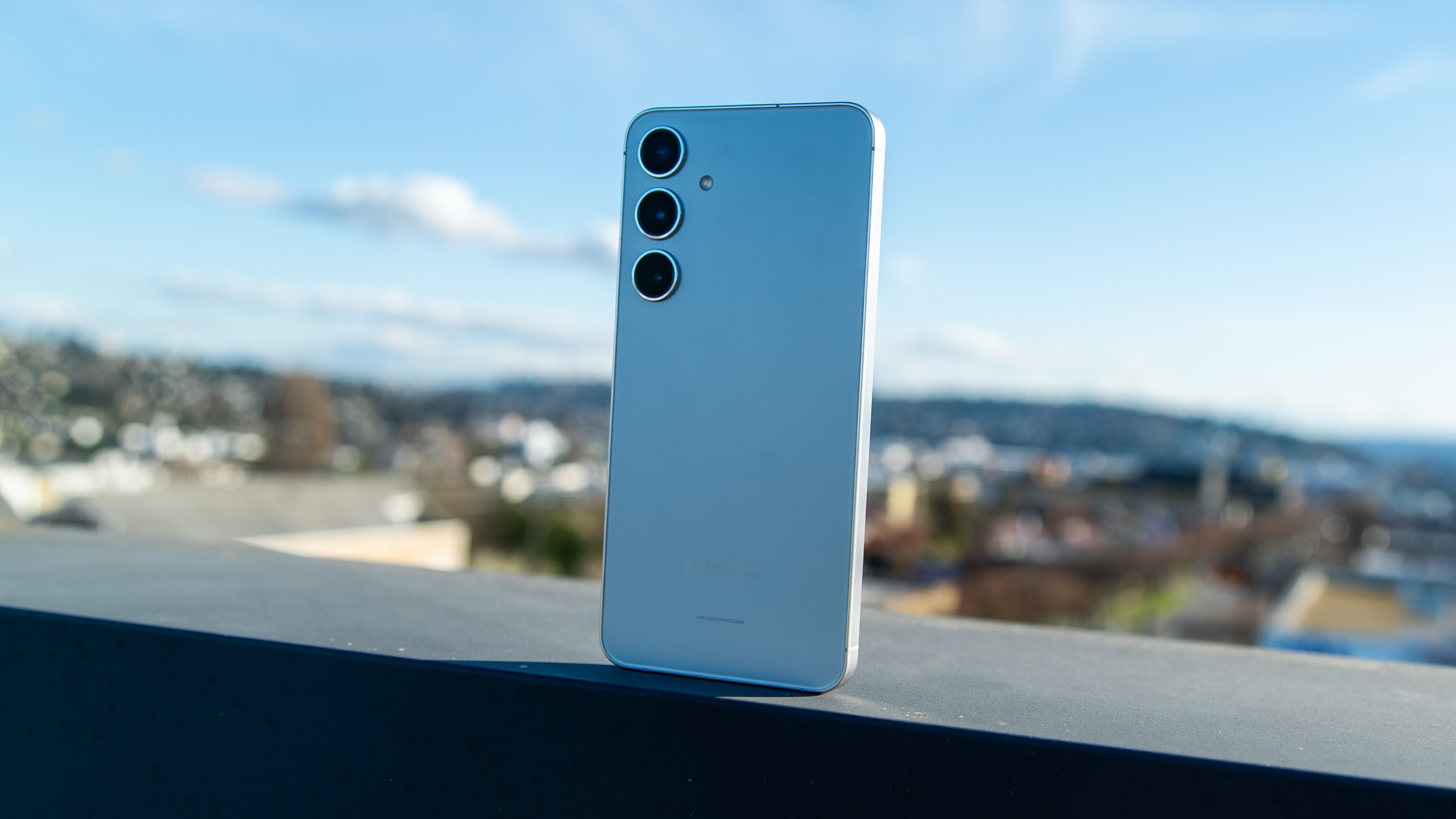
Seven years of software support means new apps will work, your phone's software will look and feel like the newer model does, and you might not want or need to buy something new.
Of course, Google wants to sell as many phones as it can, but happy customers are even more important. Google wants you to keep using its software and services because that's how the company makes its money. Since every Android phone sold in the West worth using is filled with Google software, the company has a unique advantage over other phone makers.
Most of the "how it can work" will be the same for Samsung, who has promised seven years of updates for Galaxy S phones (starting with the Galaxy S24) because they too will be constrained by older hardware. It will mean diminished sales for future premium phones so Samsung has to be more creative when it comes to making money. They certainly have a plan.
The most important thing to remember about all of this is that you'll be able to get the battery in your Pixel 8 replaced and continue to use it in 2030. The small details are important, but this is a victory for consumers all around.
And if you're a phone junkie like many of us are, you can buy a new one every year knowing your old one will be worth a few more dollars because it still has a long life ahead of it.

Jerry is an amateur woodworker and struggling shade tree mechanic. There's nothing he can't take apart, but many things he can't reassemble. You'll find him writing and speaking his loud opinion on Android Central and occasionally on Threads.
You must confirm your public display name before commenting
Please logout and then login again, you will then be prompted to enter your display name.
